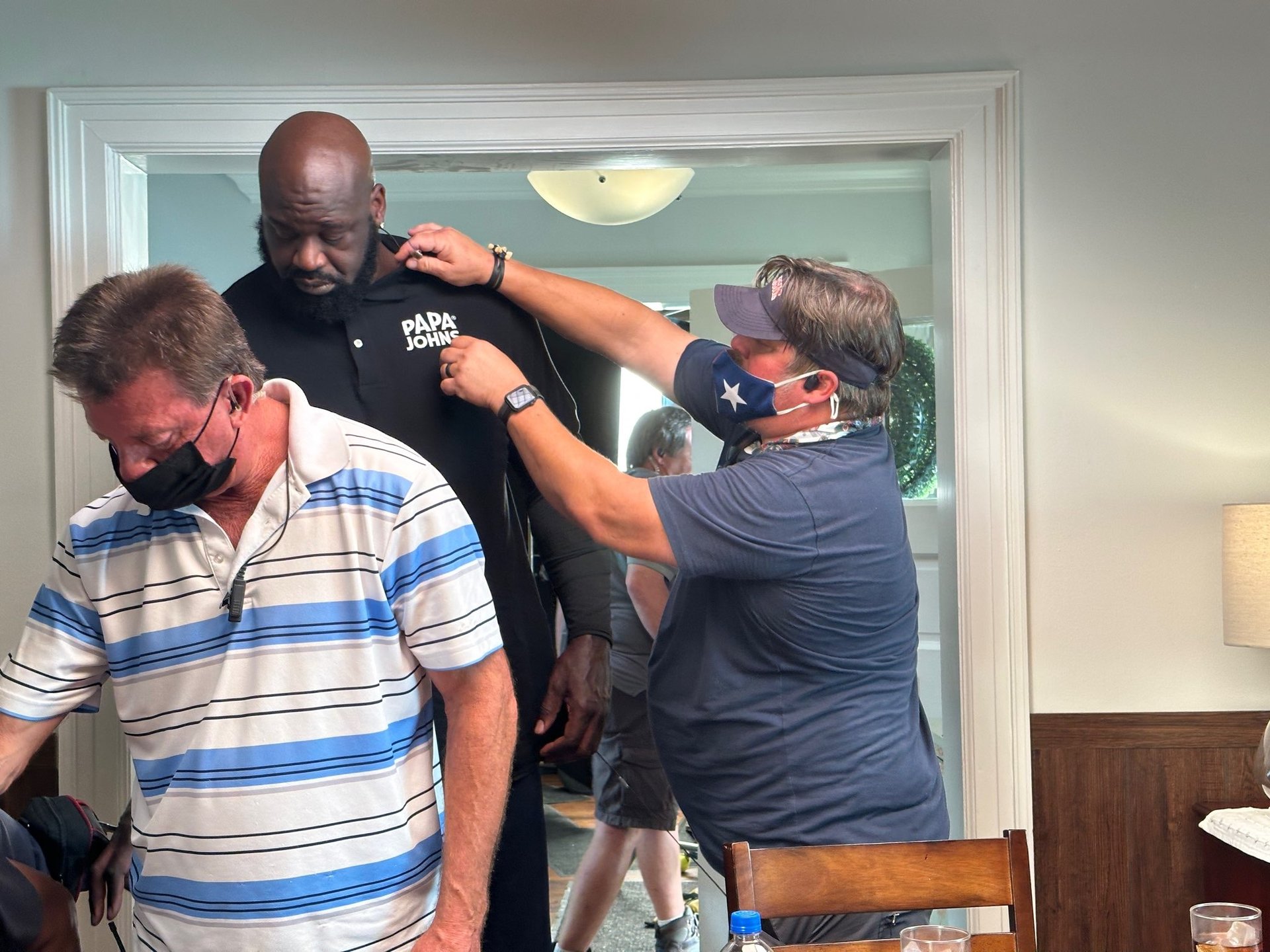
Audio and Rapport
Mastering the art of sound in film and television production requires more than technical skills; it demands a delicate balance of interpersonal communication and confidence, particularly when mic'ing up talent. Let's dive into the nuanced challenge sound professionals face when entering the personal space of actors or participants, highlighting the importance of establishing rapport through effective body language and verbal communication.
TIPSSETLIFE
Glen "Turkey" Ackers
11/13/20232 min read
Being a sound person is an invasion of personal space, and often the invaded person is a total stranger. Whether the talent is a seasoned actor, a reality personality, or a total novice makes a total difference in how well you may be received, but your approach should remain consistent. Rapport is an important part of what we do, and body language is a great way to establish it.
One of my earliest memories of being nervous while hiding a microphone was a group of young ladies, roughly 16 years old girls, and all of their dads were standing with them and being wired up too. It was a show about debutantes. The reason I was nervous is simple, I wanted it to sound good but didn’t honestly know how to accomplish that.
Decades ago, there was very little shared information on how to hide mics, so for me it was still a lot of trial and error. Being anxious in this situation, which I was, could only make everyone nervous. Since this is the start of the day, we really need to avoid making anyone uncomfortable. I was hyper aware of that and had to dig deep to put out the right vibe. Nervous as I was, I gathered myself together, put on my best face and started with a self-introduction.
Before I knew it, I was explaining the wiring process like a play by play sports analyst, only because I felt like I needed to be saying something, saying anything. Once I was done, I left the door open to come back and make adjustments in a sort of group announcement. I had totally faked it till I made it… but that established my routine, and made me appreciate the benefit of establishing good rapport. It turned out to be a great shoot.
Do what you can to exude confidence in your craft even when you don’t have it. You’re probably better than you think anyhow. Look at your target right as you enter the room and start mapping a plan to wire them up, keeping in mind best mic placement and how to best hide the wire. Keep your talent comfortable by using verbal communication, but keeping your body communication in check is more important than your words.
Personally I like to move as fast as possible and move on, but if that will make you fumble along the way, don’t do it! Do whatever it takes to stay cool. Practice makes perfect so practice often on all kinds of wardrobe. When you run into clashing personalities, don’t let it fluster you, get a producer on board to help. Work on your consistent you. Be the same every time, to deliver your very best.
On a side note, spend money on the right tools for you. It’s important to have what you need for your routine. I love my Lav-Bullet from SoundGuy Solutions for getting in and out as quickly as possible. Also find a bag like my Nite-Ize Holster for keeping scissors, a Leatherman and some fresh Super Stick tape close by to make adjustments as quickly as possible. Even if it takes a minute though, keep a confident face, make deliberate moves, and keep out of the talent’s personal space as much as possible.
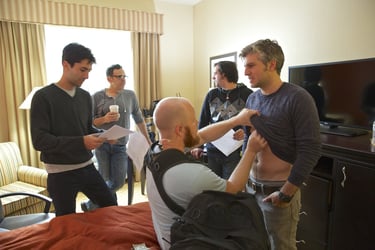
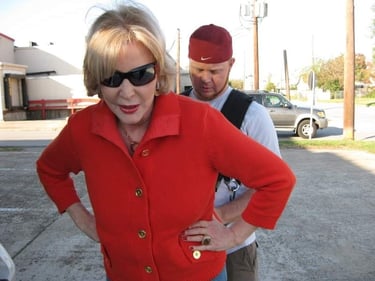

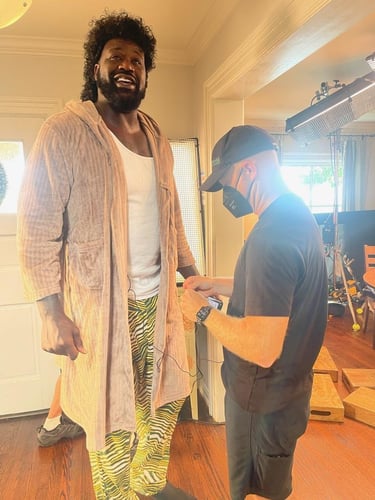
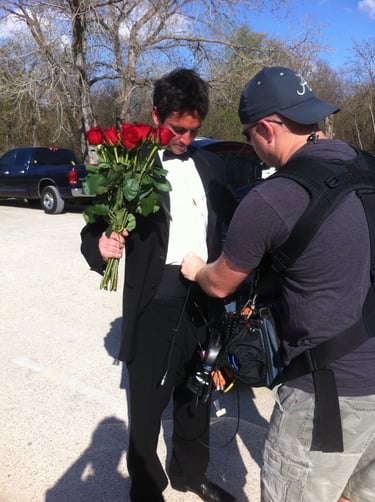
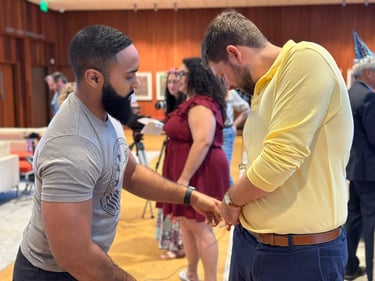






Get in touch
© 2025 Vandelay Sound Exports, Inc. • RETURN Policy • Privacy Policy • Terms and Conditions
